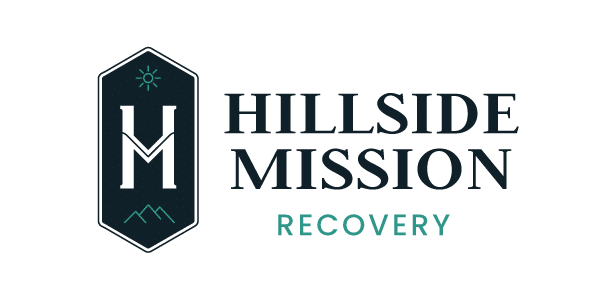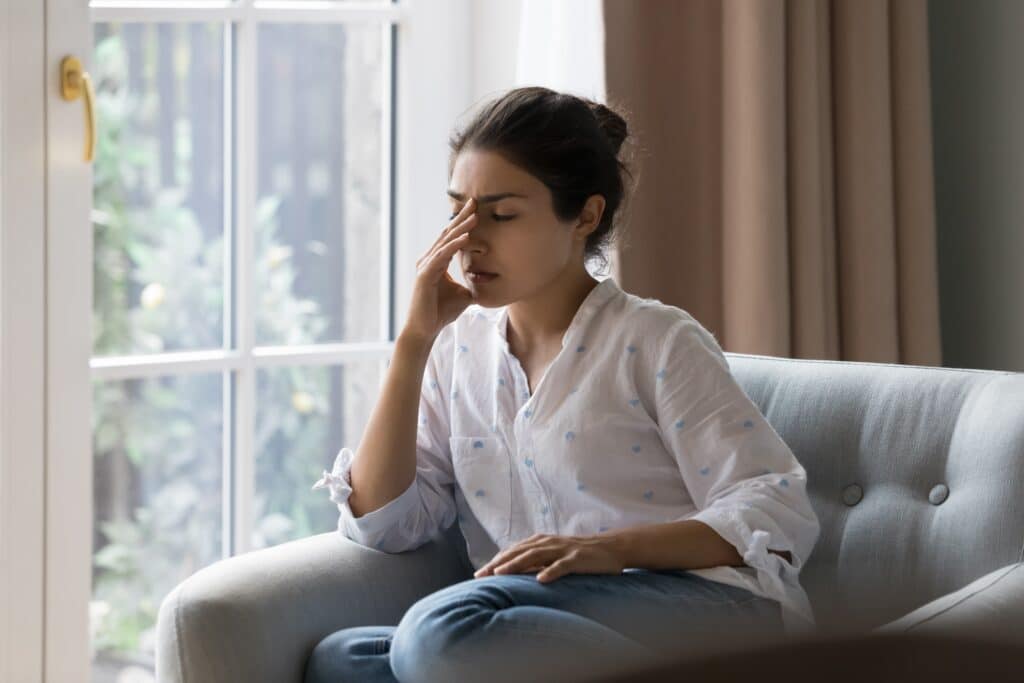Millions of people deal with addiction every day. Even though many of them do successfully enter recovery, there are still a large number of people who struggle with sobriety and continue to relapse. By its very definition, addiction is a disease that people will struggle with throughout their entire lives once they become addicted. Relapse can happen to anyone, but by taking the proper steps and having the right care and support systems in place, it is possible to help minimize the potential for relapse and keep on the path to sobriety no matter what life throws your way.
At Hillside Mission Recovery, we know that dealing with addiction can be difficult for both the client and their family, but getting proper treatment and the care needed to return to typical life is the secret to long-term sobriety without the pain of relapsing. To help with getting the right treatment, in this post, we will discuss relapse prevention programs, including why people relapse, how to avoid relapsing, what aftercare and relapse prevention is, and how to find aftercare programs.
Why Do People Relapse
There can be several reasons why a person might relapse when addicted to drugs and alcohol, but there are a few more common reasons why this typically happens.
One of the most common reasons that a person relapses is because they try to quit using on their own. The symptoms of withdrawal will generally drive a person to start using again without the proper supervision and support. Not only that, there is more opportunity to find or use drugs in the person’s regular environment.
Another reason a person is likely to relapse is if they are dealing with co-occurring disorders, that being both addiction and mental illness. When a person with co-occurring disorders stops using drugs, they will likely relapse because the mental illness is a cause or symptom of the addiction, resulting in a vicious cycle.
How to Avoid Relapse
The first thing to know is that there is no cure for addiction, and there is no sure-fire way to avoid relapse. What you can do is minimize your chances of relapsing by going about getting sober the right way.
The first step is to realize you have a problem and that quitting on your own will only lead to relapse. It might seem like a good idea to just quit using and try to recover yourself, but there are many factors that get in the way of a clean recovery.
The best way to maximize chances of success is to find a treatment facility that can manage symptoms and provide the counseling and other services needed to learn how to deal with addiction and return to an everyday life. It’s also important to know that once treatment ends, there’s still more help that is needed in the form of aftercare treatment.
What is Aftercare and Relapse Prevention?
Unlike addiction treatment, which focuses on ending the substance abuse and identifying the root causes of the addiction, aftercare is explicitly aimed at providing resources to clients after their treatment has ended so that they can stay sober. This can range from group therapy and community support, such as twelve-step programs and additional counseling, to sober living homes and more.
Part of the purpose of aftercare is relapse prevention; in other words, continued care is part of making sure that the person has the help and support to continue to be sober and not relapse and use again.
Because addiction is always present, the extra care provided by aftercare services can mean the difference between a successful recovery and another relapse that ends in returning to treatment.
Finding Aftercare Programs Near Me
There are many ways to search for aftercare programs near you, but an effective way to do so is to rely on your local treatment facility like us here at Hillside Mission Recovery. We provide full-service treatment for addiction from detox and luxury inpatient rehab to providing aftercare services for once a client has finished their treatment.
Our goal is always to give each of our clients and their families the tools needed to stay sober for the long term and to continue living their best life long after treatment ends. We give each person an individualized treatment plan that focuses on their specific addiction, how to treat the addiction’s root cause, and what tools and services they need to get and stay sober.






